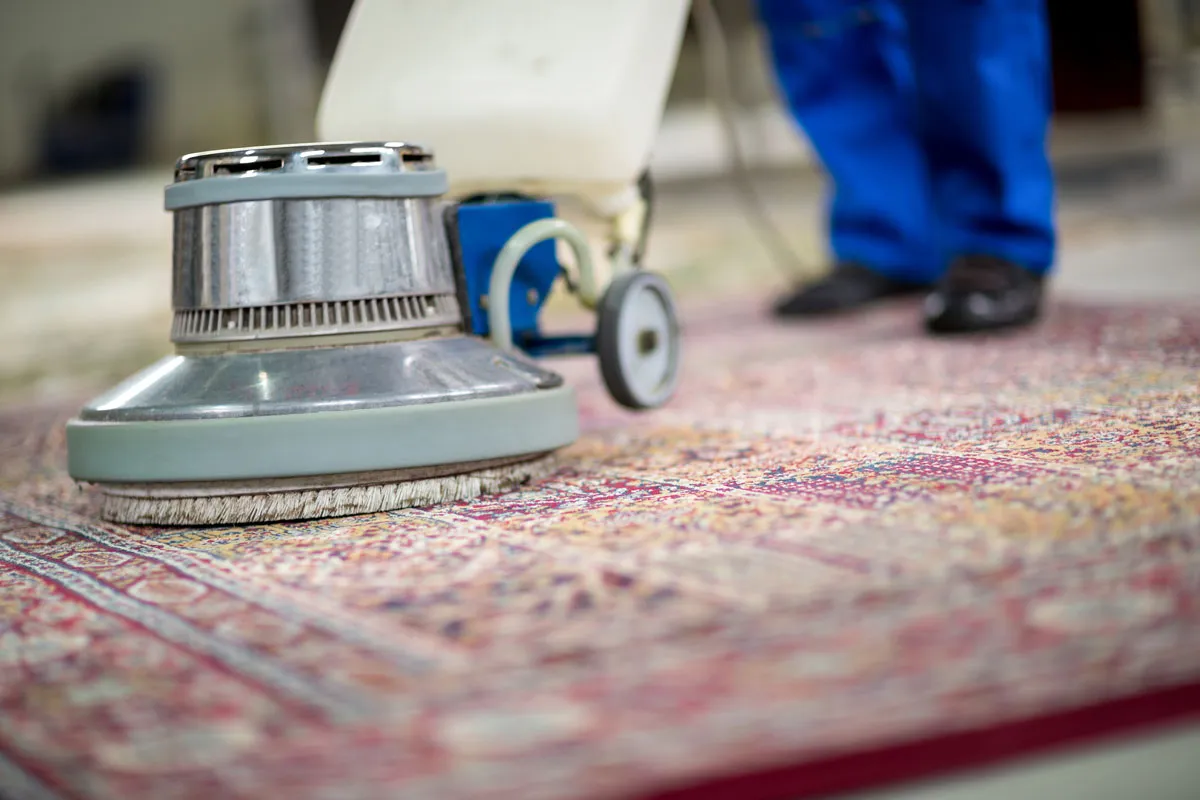How Often Should I Clean My Rug?
5th September 2025

How Often Should I Clean My Rug?
It’s a question we’re asked all the time here at Rug Spa Cyprus. To answer it, let’s take a closer look at what’s really hiding in your rugs — and how it affects them.
The Problem with Abrasive Dirt
Think of sandpaper under a magnifying glass: you’ll see sharp, jagged edges designed to cut. Sand, made mostly of silica (the same material used to make glass), has very similar edges. In other words, walking on sand is like pressing tiny shards of broken glass into your rug fibres.
Every time you step on your rug, your body weight drives these particles deeper into the fibres. Since wool is essentially soft hair, those sharp grains cut and weaken it over time.
Why Rugs Hide Dirt So Well
Wool rugs can last for generations — but only if they’re cared for. One challenge is that wool is incredibly good at hiding dirt. Each fibre is covered in tiny scales, like the surface of a fish. These scales trap particles, keeping rugs looking clean long after dirt has settled in.
That might sound like a benefit, but it means many people wait until their rug looks dirty before sending it for a wash. By that stage, it can already be packed with abrasive dirt, quietly causing damage.
Can the Damage Be Reversed?
Unfortunately, once fibres are cut or worn away, the damage is permanent. Dirt buildup also robs wool of its natural sheen, leaving rugs flat, dull, and lifeless.
The good news? A proper professional wash removes these damaging particles and brings back the vibrant colours and natural glow of the wool.
So, How Often Should Rugs Be Cleaned?
Most rugs should be professionally washed every six months to three years. The right frequency depends on:
-
The quality of the wool
-
The amount of foot traffic
-
How regularly the rug is vacuumed
Time to Refresh Your Rug?
If it’s been a while since your rug’s last proper bath, let us help. Call us on 23 820 165 or fill out our contact form, and we’ll restore your rug’s beauty and lifespan.
